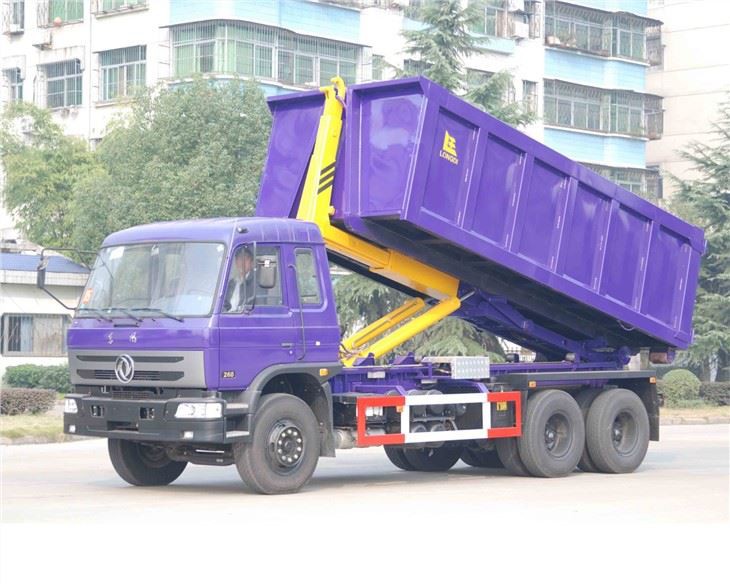Introduction
The 2006 International 4300 is a versatile medium-duty truck that has been widely recognized in various commercial sectors. Known for its reliability and durability, the International 4300 model offers a powerful engine, large cargo capacity, and user-friendly features that appeal to fleet owners and individual operators alike. In this comprehensive guide, we will explore the specifications, capabilities, maintenance tips, and practical applications of the 2006 International 4300 to help you understand why it remains a popular choice among trucking professionals and enthusiasts.
Specifications of the 2006 International 4300
Engine Options
The 2006 International 4300 comes with several engine options that cater to different needs:
- International DT466: A 7.6L, inline 6-cylinder engine that produces up to 260 horsepower.
- Cummins ISB: A 5.9L engine offering up to 325 horsepower, known for fuel efficiency.
- MaxxForce DT: Another option providing exceptional performance and low emissions.
Dimensions
| Specification | Measurement |
|---|---|
| Overall Length | 24.5 ft |
| Overall Width | 7.5 ft |
| Overall Height | 10.5 ft |
| Wheelbase | 157-272 inches |
| Gross Vehicle Weight Rating (GVWR) | 25,999 lbs |
Transmission Options
The truck is equipped with both automatic and manual transmission options, providing flexibility according to the operator’s preference:
- Allison 2500 Series: A 5-speed automatic transmission.
- 6-Speed Manual: A manual transmission option for enhanced driver control.
Performance and Capability
Load Capacity
The 2006 International 4300 is built to handle heavy loads, making it ideal for various applications such as delivery services, waste management, and construction. It boasts a payload capacity of up to 17,000 lbs, allowing operators to transport a wide range of materials.
Fuel Efficiency
With its range of engine options, the 4300 offers good fuel efficiency compared to other trucks in its class. Average fuel consumption can range from 10 to 15 miles per gallon, depending on load and driving conditions. Timely maintenance and proper driving techniques can further enhance fuel efficiency.
Applications of the 2006 International 4300
Delivery and Freight Transport
Thanks to its large cargo area and reliable engine, the International 4300 is a favorite among delivery companies and freight transport services. The truck can be fitted with various bodies such as box trucks, refrigerated units, and flatbeds to accommodate different types of goods.
Construction and Utility Work
The rugged construction of the 2006 International 4300 makes it suitable for construction and utility work. Its strong frame and suspension can withstand the rigors of transporting heavy construction materials and equipment.
Moving and Hauling Services
Businesses offering moving and hauling services often utilize the 4300 model due to its spacious cargo area and load capacity, making it perfect for residential and commercial moves.
Maintenance Tips for the 2006 International 4300
Routine Inspections
Regular inspections of fluids, brakes, tires, and lights are essential for keeping the International 4300 in peak condition. Make a checklist to ensure all components are checked frequently.
Oil Changes
Changing the oil at recommended intervals (usually every 5,000 to 7,500 miles) will prolong the life of the engine. Use high-quality oil as recommended in the owner’s manual.
Tire Maintenance
Check tire pressure and tread depth regularly. Proper inflation and well-maintained tires ensure safety, stability, and efficiency.
Brake System Care
The braking system should be inspected frequently for wear and tear. Replace brake pads and rotors when necessary to avoid larger, more costly repairs.
Upgrades and Customizations
Aftermarket Parts
Many drivers customize their International 4300 with aftermarket parts, such as more efficient exhaust systems, upgraded suspensions, and improved lighting systems, to enhance performance and make the truck more suited to their specific needs.
Body Configurations
The 4300 can be fitted with various bodies, including:
- Box Trucks
- Reefer Vans
- Flatbeds
- Dump Trucks
Technology Features
Dashboard and Control
The 2006 International 4300 features an ergonomic dashboard that includes user-friendly controls for easy operation. Advanced instrumentation allows drivers to monitor vehicle performance effectively.
Safety Features
Modern safety features such as anti-lock braking systems and optional stability control enhance the safety of the 2006 International 4300, making it comparably safe for on-road operations.
Reviews and Testimonials
Owner Feedback
Many truck owners have praised the 2006 International 4300 for its durability and ease of maintenance. Positive reviews often mention the truck’s comfort during long hauls as well as its responsiveness.
Fleet Manager Insights
Fleet managers appreciate the cost-effectiveness of the International 4300, noting its low downtime for repairs and high resale value compared to other trucks in its class.
FAQ Section
What is the average lifespan of a 2006 International 4300?
The average lifespan of a well-maintained 2006 International 4300 can exceed 15-20 years or around 500,000 miles.
Is the 2006 International 4300 good for local deliveries?
Yes, the 2006 International 4300 is excellent for local deliveries, thanks to its maneuverability and ample cargo space.
Are parts for the 2006 International 4300 readily available?
Yes, parts for the 2006 International 4300 are widely available from dealers and aftermarket sources, making maintenance relatively easy.
Does the 2006 International 4300 require special licensing?
Yes, a commercial driver’s license (CDL) is typically required to operate a 2006 International 4300 due to its weight classification.
What kind of fuel does the 2006 International 4300 use?
The International 4300 primarily runs on diesel fuel, which is preferred for its fuel efficiency and power delivery.
How do I improve the fuel efficiency of my 2006 International 4300?
Improving fuel efficiency can be achieved through regular maintenance, proper tire inflation, and adopting fuel-efficient driving habits like maintaining steady speeds and minimizing idling.





